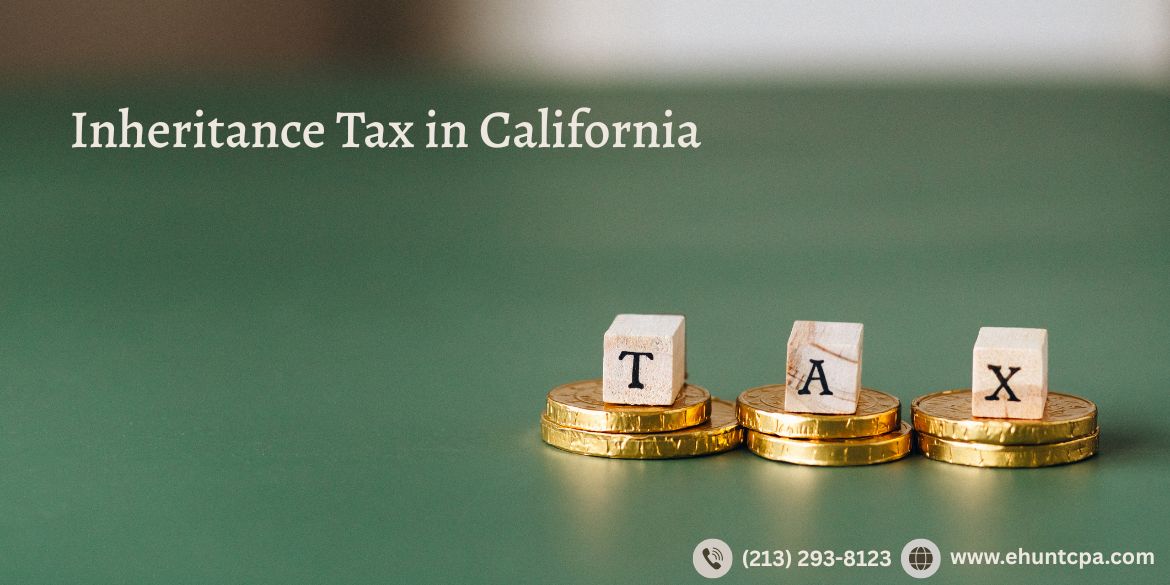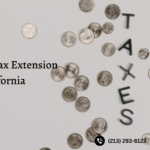
Inheritance tax in California. If you have recently inherited property or money, or you are planning your estate, this phrase might have sparked a wave of anxiety. You have likely heard horror stories about the tax man taking a huge chunk of an inheritance. But what if I told you that this specific fear is unfounded for the vast majority of Californians? The reality of the so-called “inheritance tax in California” is often misunderstood. Let’s clear up the confusion once and for all.
Inheritance Tax in California: The Straight Truth
Here’s the bottom line upfront: California does not have an inheritance tax.
That’s right. The State of California does not impose any tax on the value of property you receive from a deceased person simply because you inherited it. This means if you are a beneficiary named in a will, a trust, or an heir through the state’s intestacy laws, you will not receive a bill from the California Franchise Tax Board for your inheritance.
This is a massive relief for many families. The assets you receive – cash, a house, investments, or personal belongings – are generally not subject to a state-level inheritance levy. However, this does not mean the estate settles all its obligations with the government tax-free. This is where the distinction between inheritance and estate taxes becomes critical.
Estate Tax vs Inheritance Tax: Know the Difference
This is the most common area of confusion, but it’s simple once you break it down:
- Inheritance Tax: A tax paid by the person who receives the inheritance. The rate can sometimes depend on their relationship to the deceased (e.g., spouses vs. distant cousins). The state levies this tax, but California does not have one.
- Estate Tax: A tax paid by the deceased person’s estate before any assets are distributed to the beneficiaries. The estate itself is responsible for this tax. While this is a federal tax, it only applies to vast estates.
The Mighty Federal Estate Tax
While California is out of the picture, the IRS is not – but only for the wealthiest individuals. The federal estate tax is a tax on your right to transfer property at your death.
The key thing to understand is the exemption amount. For 2023, the federal estate tax exemption is a staggering $12.92 million per individual ($25.84 million for a married couple). This means that if the total value of your taxable estate is below this threshold, you owe $0 in federal estate tax. This exemption is adjusted annually for inflation.
Because of this extremely high exemption, the IRS estimates that less than 0.1% of estates nationwide are large enough to be subject to this tax. So, for most people, neither a state inheritance tax nor a federal estate tax will ever be a concern.
But Wait… There’s the “Pick-Up” Tax (And Why It Does not Matter)
You might dig deep into historical state tax law and find references to a California “pick-up” or “sponge” tax. This was a state-level estate tax that exactly matched a credit that was formerly available on the federal estate tax return. However, this state tax was directly tied to the federal law.
The California pick-up tax effectively disappeared when the federal law changed and eliminated that credit. It has not been in effect for years. Any information suggesting otherwise is outdated.
The Tax That Does Affect You: The Capital Gains Tax (Step-Up in Basis)
Here is the most important tax concept for most inheritors in California to understand: the step-up in basis.
This is not a tax you pay immediately upon inheritance. Instead, it determines the capital gains tax you might pay when you sell an inherited asset.
- Cost Basis: This is generally the original purchase price of an asset (like a house or stocks).
- Step-Up in Basis: When you inherit an asset, the IRS “steps up” its cost basis to its fair market value on the original owner’s death date.
Example: Your mother bought a house in Los Angeles in 1980 for $100,000. She passed away in 2023, and you inherited it. At that time, the house was worth $1,200,000. Your new “cost basis” in the home is $1,200,000.
If you decide to sell the house immediately for $1,200,000, you have a capital gain of $0 ($1.2m sale price – $1.2m new basis = $0). You pay $0 in capital gains tax.
If you hold onto it and sell it later for $1,300,000, you only pay capital gains tax on the $100,000 profit you made since you inherited it.
This step-up provision is a massive benefit that saves inheritors billions of dollars in potential taxes every year. Without it, you would have been taxed on the entire $1.1 million of appreciation during your mother’s lifetime.
Other Potential Tax Considerations in California
While the inheritance itself is not taxed, there are a few other financial nuances to be aware of:
- Income from the Estate (IRD): If you inherit an IRA, 401(k), or other tax-deferred retirement account, the distributions you take from it are treated as ordinary income and are subject to income tax. This is known as “Income in Respect of a Decedent.” The same goes for any unpaid salary or commissions owed to the deceased.
- Property Tax: Reassessment Rules (Prop 19). This is a huge one for Californian real estate inheritors. Prior to Proposition 19, a child inheriting a parent’s home could often keep the parent’s low property tax base. Proposition 19 changed the rules. For transfers between parents and children (or grandparents to grandchildren, if parents are deceased), the property tax assessment may be excluded from reassessment only if the inheriting child makes the home their principal residence. If they do not, the property will be reassessed to its current market value, significantly increasing the annual property tax bill. There are also value limitations, so expert guidance is crucial.
Why You Still Need Professional Guidance
Even without an inheritance tax in California, navigating an estate’s financial and legal landscape is complex.
- Probate: California’s probate process can be lengthy and expensive for estates over a certain threshold ($184,500 in 2023).
- Trust Administration: Proper administration is required if assets are held in a trust.
- Federal Filing: While rare, if the estate is large enough to be near the federal exemption, filing a federal estate tax return (Form 706) is necessary.
- Step-Up Basis Documentation: Properly documenting the date-of-death values of assets is critical for future capital gains calculations.
This is where having a knowledgeable professional in your corner is invaluable. The law firm of Eric M Hunt specializes in guiding families through these exact situations. From estate planning designed to avoid probate and minimize tax implications to helping executors and trustees administer an estate correctly, their expertise can provide peace of mind and ensure you make the most financially sound decisions.
Conclusion
So, let’s put the fear to rest. The phrase “inheritance tax in California” is essentially a misnomer. The state does not levy such a tax; the federal estate tax only impacts a tiny fraction of the wealthiest estates. The real financial impact for most people comes from understanding the step-up in basis rules and California’s unique property tax reassessment laws under Proposition 19.
The key takeaway is not to make assumptions. Proper planning and consulting with a qualified estate planning attorney, like those at Eric M. Hunt, can help you understand your specific situation, protect your assets, and ensure a smooth transition for your heirs, free from unnecessary worry about a non-existent inheritance tax in California.
FAQ
1. Does California have an inheritance tax?
No, California does not levy an inheritance tax on beneficiaries.
2. Should I report inheritance on my California state tax return?
You do not report inherited money or property as income on your California return.
3. What is the difference between estate and inheritance taxes?
The deceased’s estate pays an estate tax before distribution, while the recipient pays an inheritance tax; California has neither for almost all estates.
4. Is inherited property taxed when I sell it?
You may pay capital gains tax on the profit made after you inherited it, thanks to the “step-up in basis” rule.
5. Will I pay more property tax on a house I inherit?
Under Prop 19, it may be reassessed to market value unless you make it your primary residence.






